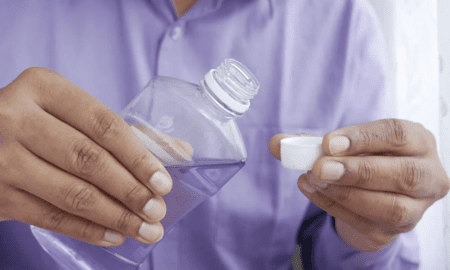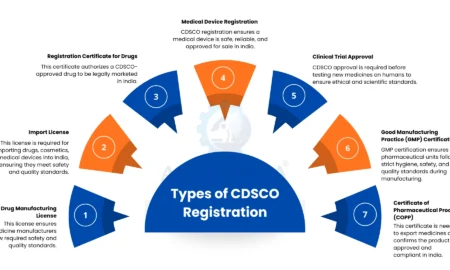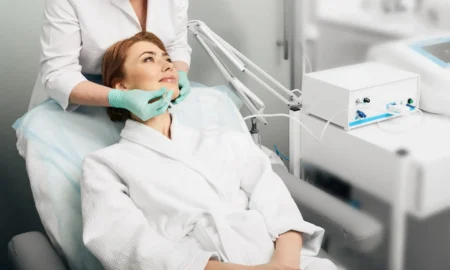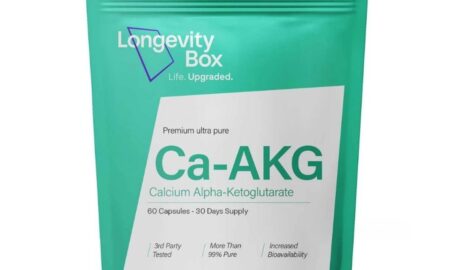HealthTech
-

 102
102Jefferson Daniel Hansford of Athens Infusion & Pharmacy Highlights the Clinical Role of Compounded Magic Mouthwash in Managing Oral Discomfort
ATHENS, GA — Jefferson Daniel Hansford, a billing specialist with Athens Infusion & Pharmacy in Athens, Georgia, who supports patients and caregivers...
-

 74
74What’s Changing in Health and Fitness: News, Updates, and Expert Insights
The health and fitness landscape is constantly evolving, driven by breakthroughs in medical research, innovative fitness technologies, and changing lifestyle trends. Over...
-

 66
66The Mental Health Cost of Juggling Work, School, and Technology
You wake up to a phone alarm that feels like a warning. Before you even sit up, you check your class portal....
-

 53
53Screen Time and Its Impact on Mental Health
As technology continues to pervade every facet of modern society, discussions surrounding screen time and its effects on both individuals and the...
-

 99
99The Future of Digital Mental Health and Addiction Support for Early Parents
You become a parent, and the calendar changes fast. Weeks blur. Sleep gets weird. Your phone becomes a lifeline for diapers, feeding...
-

 77
77Nick F. Hernandez: How to Lead Technical Innovation as a CTO in Medical Tech
During the COVID-19 pandemic, hospitals across the country were operating under extreme strain. Physician burnout was rising as patient volumes surged, and...
-

 58
58How Advanced Dental Technology Impacts Root Canal Treatment Cost
When Tooth Pain Meets Cost Anxiety If you are reading this, chances are you have been told that you need a root...
-

 67
67Health Risks Associated With Substance Dependence
Substance dependence is a growing concern worldwide, affecting millions of individuals across all ages, backgrounds, and communities. While often discussed in terms...
-

 86
86Why MedSpas Are Rethinking Reviews, Referrals, and Reputation — and What a More Ethical Growth Model Looks Like
The medical aesthetics industry has experienced rapid expansion over the last decade. MedSpas and cosmetic clinics are opening at record rates, driven...
-

 74
74How Should You Prepare Your Clinical Investigation Plan to Meet CDSCO Standards?
Preparing a compliant clinical investigation plan is a critical step when conducting medical device studies in India. The Central Drugs Standard Control...
-

 186
186Horatio’s Founders Built a CX Powerhouse. Healthcare Was the Hardest Problem They Wanted Next.
In 2018, when Jose Herrera, Alex Ross, and Jared Karson started Horatio, healthcare wasn’t the plan. The three Columbia Business School classmates...
-

 97
97The Dual-Edged Sword: Leveraging Shared Leadership in Healthcare
This article is contributed by Durga Chavali, MS, DHA, Senior IT leader/AI Advocate The modern healthcare landscape, defined by unremitting complexity, rapid...
-

 84
84Ozone Therapy: Boosting Healing Through Oxidation
There are moments in medicine when progress is not loud or dramatic, but quietly precise. Treatments get developed through research, clinical improvement,...
-

 79
79Finding Relief: A Guide to Selecting Quality Orthopedic Braces
Joint pain changes everything. Whether it stems from a sudden sports injury, repetitive strain at the office, or a chronic condition like...
-

 74
74Financial Tips to Support Your Mental Health Recovery
Recovering from mental health challenges can be an emotional, physical, and financial journey. While most people focus on therapy, medication, and lifestyle...
-

 75
75Compliance Meets Tech: The New Era of Employee Health Checks
Employee health checks are becoming necessary in the workplace as organizations seek to guarantee the well-being of their workforce and adhere to...
-

 100
100What to Know Before Taking Calcium Alpha Ketoglutarate Supplements
There has been a steady increase in interest in nutritional supplements that promote long-term well-being in recent years. Among these, Calcium Alpha...
-

 108
108Driving Biomedical Innovation Through Quantitative Science
The work of Dr. Kavitha Priya Kettimuthu exemplifies how meticulous measurement alters the trajectory of biomedical research. Her expertise in liquid chromatography–mass...























































